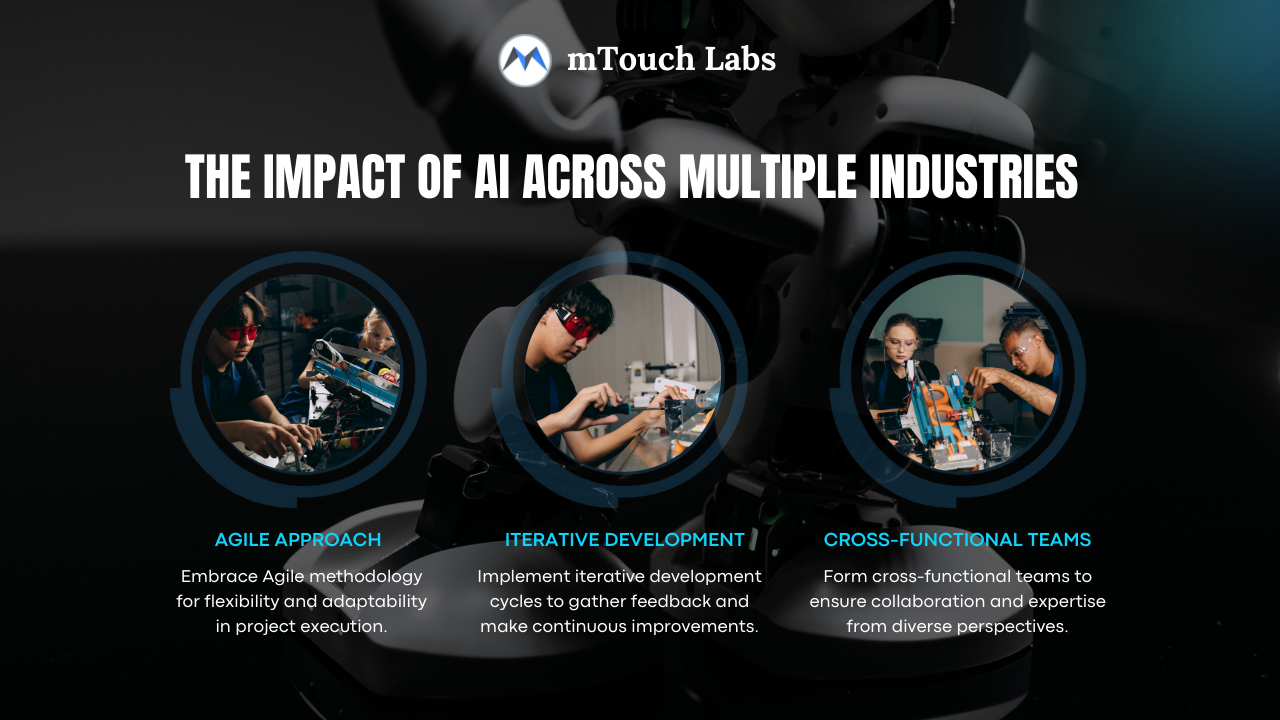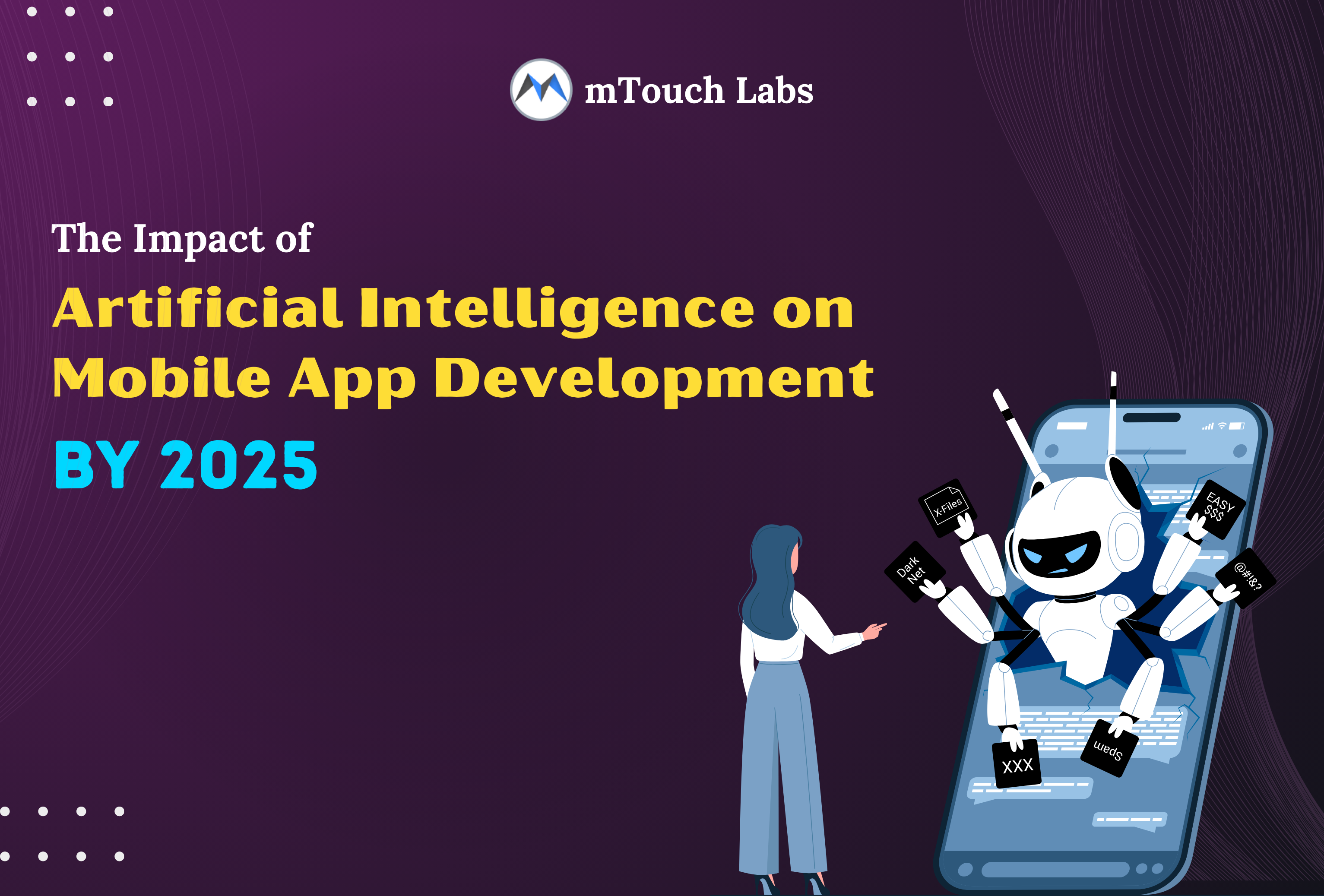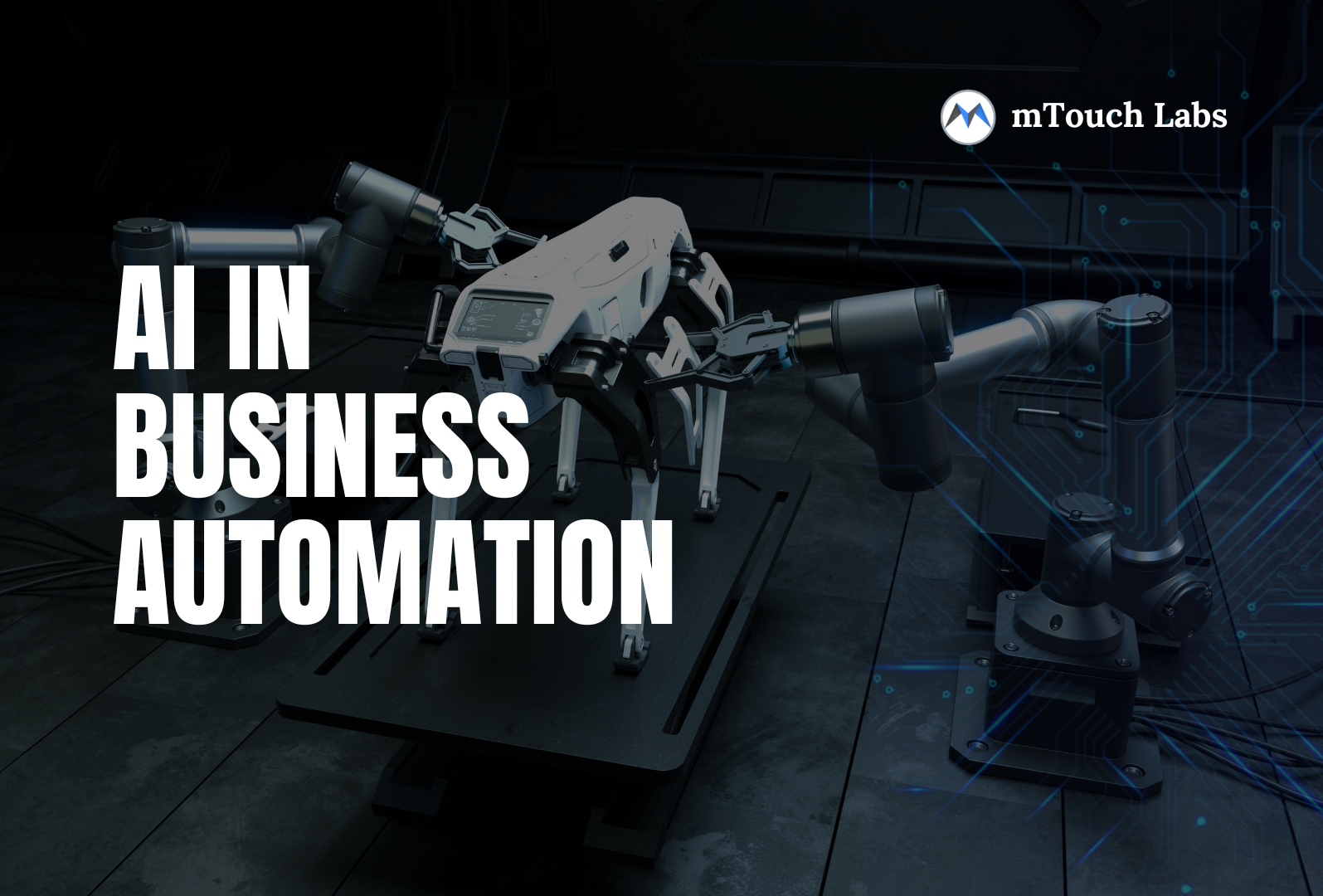How Artificial Intelligence is Transforming Mobile Technology in 2024
Introduction
Artificial intelligence (AI) is no longer just a science fiction notion; it has become a fundamental part of our daily life, thanks to mobile technology. From virtual assistants to personalized user experiences, artificial intelligence is changing the way we interact with our smartphones and other mobile devices.
Personalized User Experience
AI is critical in personalizing mobile experiences for each user. Mobile apps can utilize machine learning algorithms to analyze user behavior, preferences, and trends and provide highly personalized information and recommendations.
- Content Recommendations: Streaming services like Netflix and music apps like Spotify use AI to suggest shows, movies, and songs based on past viewing or listening habits, ensuring a customized experience.
- Personalized Shopping: E-commerce apps leverage AI to recommend products based on browsing history, purchase behavior, and even trends, creating a more personalized shopping experience.
Voice Assistants and Natural Language Processing
Voice assistants like Siri, Google Assistant, and Alexa have become ubiquitous, thanks to advancements in AI and Natural Language Processing (NLP). These AI-powered assistants can understand and respond to voice commands, making it easier for users to perform tasks hands-free.
- Smart Home Integration: Voice assistants are increasingly integrated with smart home devices, allowing users to control lighting, thermostats, and security systems with simple voice commands.
- Productivity Enhancements: AI assistants can set reminders, send messages, and manage calendars, helping users stay organized and productive.
Enhanced Security Features
AI is at the forefront of mobile security, offering advanced features that protect user data and privacy.
- Biometric Authentication: AI powers facial recognition and fingerprint scanning technologies, providing secure and convenient ways to unlock devices and authenticate transactions.
- Fraud Detection: AI algorithms can detect unusual patterns in transactions or account activity, helping to prevent fraud and unauthorized access.
Improved Camera Capabilities
The inclusion of AI in mobile cameras has greatly improved photography and video recording capabilities. AI-powered cameras may automatically alter settings such as focus, exposure, and color balance to obtain the ideal photo.
- Scene Recognition: AI can identify different scenes—such as landscapes, portraits, or night mode—and optimize camera settings accordingly.
- Augmented Reality (AR): AI enhances AR experiences by accurately mapping environments and overlaying digital content, enabling applications like virtual try-ons and interactive gaming.
Predictive Text and Smart Replies
AI has changed mobile typing with predictive text and clever answers. These capabilities use artificial intelligence to analyze context and propose words or full sentences, which speeds up conversation.
- Predictive Text: AI algorithms predict the next word you'll type, making typing faster and more efficient.
- Smart Replies: Messaging platforms such as Gmail and WhatsApp provide AI-generated replies based on the context of the discussion, allowing for quick and easy responses.
AI-Driven Application Development
AI is also changing the way mobile apps are designed, resulting in more intelligent and adaptable applications.
- AI-Powered Testing: AI tools can automatically detect defects and performance concerns in mobile apps, decreasing development time and boosting app quality.
- App Personalization: Artificial intelligence enables developers to design apps that learn from user interactions and evolve over time, resulting in personalized information and features.
Enhancing Mobile Gaming
Artificial intelligence has immensely improved the mobile gaming business by allowing it to offer more engaging and realistic game experiences.
- Dynamic Difficulty Adjustment: AI can modify a game's difficulty level in real time based on the player's skill level, resulting in a demanding yet engaging experience.
- Realistic Non-Player Characters (NPCs): AI improves NPC behavior by increasing intelligence and responsiveness, resulting in more immersive gameplay.
AI for Mobile Health
Mobile health (mHealth) apps are rapidly incorporating artificial intelligence (AI) to provide consumers with personalized health information and recommendations.
- Workout Tracking: Artificial intelligence-powered apps analyze data from wearable devices to provide personalized workout plans and measure progress.
- Health Monitoring: Artificial intelligence can analyze patterns in user data, such as heart rate and sleep patterns, to generate health alerts and recommendations.
AI-Driven Battery Management
AI is improving battery life and efficiency in mobile devices by managing power consumption based on user behavior.
- Adaptive Battery: AI monitors which apps are used frequently and limits background activity for less-used apps, extending battery life.
- Energy Optimization: AI-driven features can optimize power usage based on real-time data, ensuring that the device lasts longer on a single charge.
The Future of AI in Mobile Technology
The future of mobile technology is closely tied to advancements in AI. As AI continues to evolve, we can expect even more innovative applications that will further enhance mobile experiences. From smarter voice assistants and more secure devices to highly personalized user experiences, AI will continue to push the boundaries of what mobile technology can achieve.
For businesses and developers, the integration of AI into mobile technology offers vast opportunities to create more intelligent, responsive, and personalized apps. As AI becomes more advanced and accessible, the possibilities for innovation in the mobile space are limitless.
Frequently Asked Questions
Find answers to common questions about AI in mobile technology.
AI is transforming mobile user experiences through personalized content recommendations, voice assistants with natural language processing, enhanced security features like biometric authentication, improved camera capabilities with scene recognition, predictive text and smart replies, and AI-driven app personalization. These technologies work together to create more intelligent, responsive, and customized mobile experiences for each user.
AI plays a crucial role in mobile security by powering biometric authentication technologies like facial recognition and fingerprint scanning, which provide secure and convenient ways to unlock devices and authenticate transactions. AI algorithms also detect unusual patterns in transactions or account activity, helping to prevent fraud and unauthorized access. These AI-driven security features protect user data and privacy while maintaining ease of use.
AI improves mobile app development by enabling AI-powered testing tools that automatically detect defects and performance concerns, decreasing development time and boosting app quality. AI also enables developers to design apps that learn from user interactions and evolve over time, resulting in personalized information and features. This creates more intelligent and adaptable applications that provide better user experiences.
Ready to Integrate AI into Your Mobile App?
Let's discuss how mTouch Labs can help you leverage AI to create intelligent, responsive, and personalized mobile applications.
Get Started


